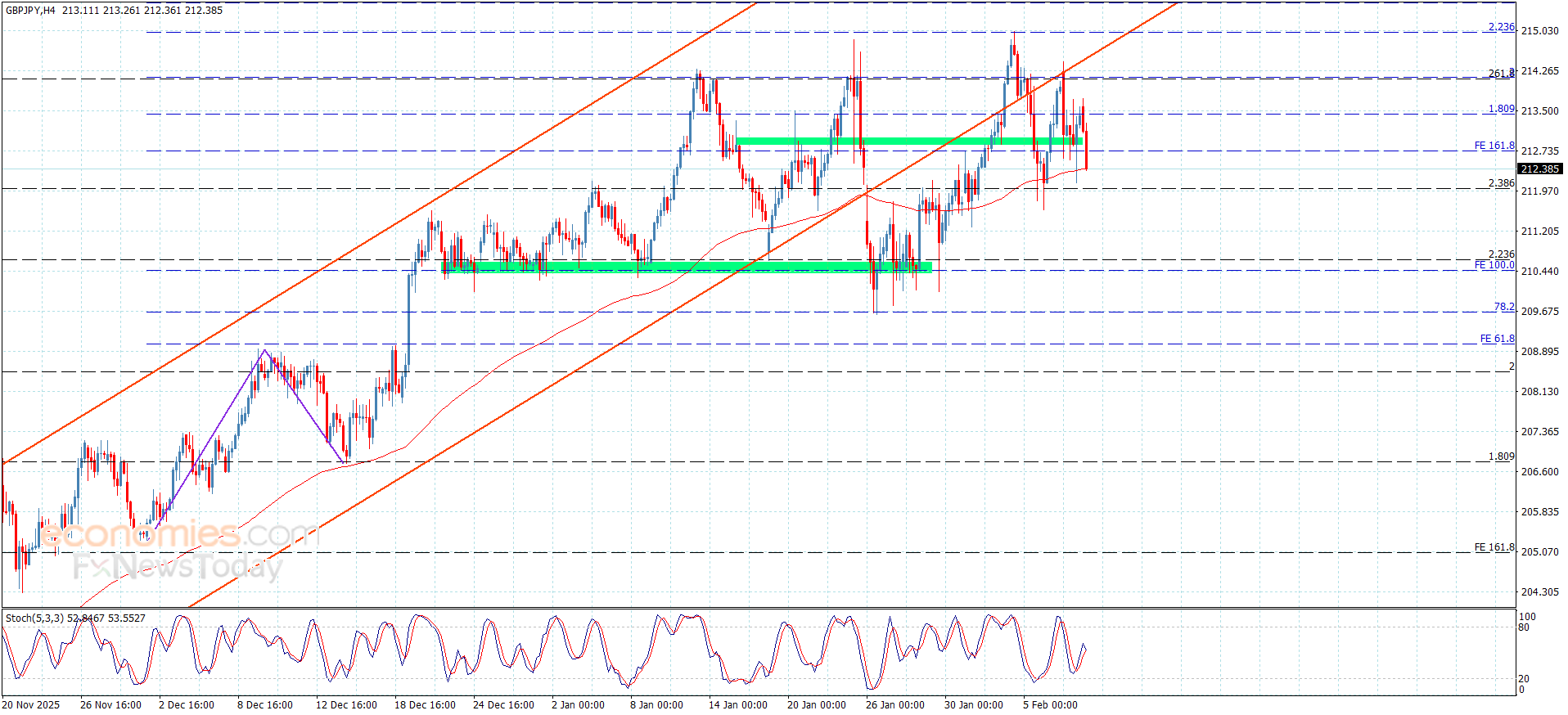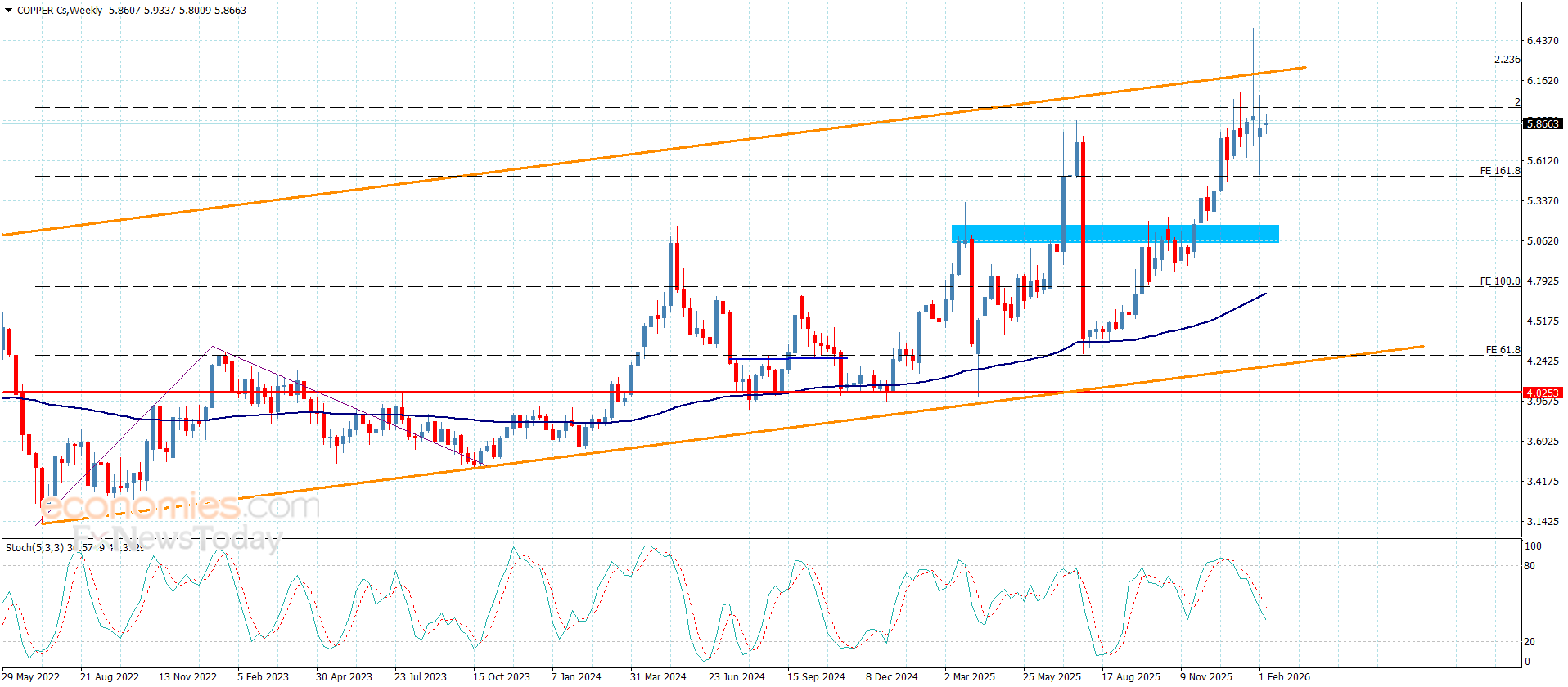DeFi Advocates Push for Senate-Friendly Regulation to Spur Innovation
DeFi advocates are intensifying efforts to influence U.S. Senate legislation, pushing for a tailored regulatory framework that addresses the unique characteristics of decentralized finance. On August 2, 2025, the DeFi Education Fund (DEF), supported by major crypto entities such as a16z Crypto, Jito Labs, and Jump Crypto, called on the Senate Banking Committee to establish clear, innovation-friendly regulations for DeFi protocols [1]. The proposal emphasizes the need to distinguish between developers and traditional intermediaries, while maintaining technological neutrality to avoid stifling innovation.
The initiative seeks to clarify regulatory boundaries, potentially impacting key tokens such as Ethereum (ETH) and Uniswap’s UNI as the U.S. legislative landscape evolves. According to Hayden Adams, CEO of Uniswap Labs, a clear regulatory framework is essential for the long-term sustainability of DeFi protocols [1]. Lawmakers are being urged to build on existing foundations such as the CLARITY Act and the recently passed GENIUS Act, both of which aim to provide clarity and structure to the crypto market [4].
The market’s response has been one of cautious anticipation. While the DEF proposal draws parallels with a 2022 Senate draft that generated initial excitement without sustained price movement, it underscores a growing consensus that regulatory clarity could drive long-term adoption and governance improvements [1]. CoinMarketCap data shows Ethereum trading at $3,511.19, with a market cap of $423.8 billion, highlighting its central role in the DeFi ecosystem [1]. Analysts suggest the immediate price impact may be limited, but longer-term legislative outcomes could significantly shape the direction of U.S. DeFi development.
Industry leaders have also criticized the current regulatory draft for its ambiguity, warning that broad definitions could weaken investor protections and create loopholes. Andreessen Horowitz, a leading crypto-focused venture capital firm, has publicly urged lawmakers to adopt a more precise and flexible approach to accommodate the decentralized nature of DeFi platforms [3].
The push for DeFi regulation is gaining bipartisan support, with House Financial Services Committee members urging the Senate to expedite the CLARITY Act. This initiative seeks to address tax and capital gains issues, aiming to provide long-term certainty for crypto businesses and investors [4]. The broader goal is to ensure the U.S. remains competitive in the global digital finance landscape, especially as stablecoins and programmable money gain prominence in cross-border transactions.
While the GENIUS Act has been hailed as a step toward legitimizing DeFi, some critics warn it could reinforce U.S. financial dominance and create barriers for international participants. As the Senate prepares to vote on related legislation, the outcome will likely have significant implications for DeFi innovation, market structure, and the future of digital assets in the U.S. financial system.
Source: [1] https://coinmarketcap.com/community/articles/688d64106339e32c6e36d630/
[2] https://euroweeklynews.com/2025/08/01/genius-act-sparks-us-optimism-as-global-voices-urge-caution/ [3] https://www.ainvest.com/news/andreessen-horowitz-warns-crypto-draft-risks-loopholes-weak-investor-protections-2508/ [4] https://www.ainvest.com/news/french-hill-presses-senate-crypto-legislation-white-house-report-2508/Source link
Written by : Editorial team of BIPNs
Main team of content of bipns.com. Any type of content should be approved by us.
Share this article:









